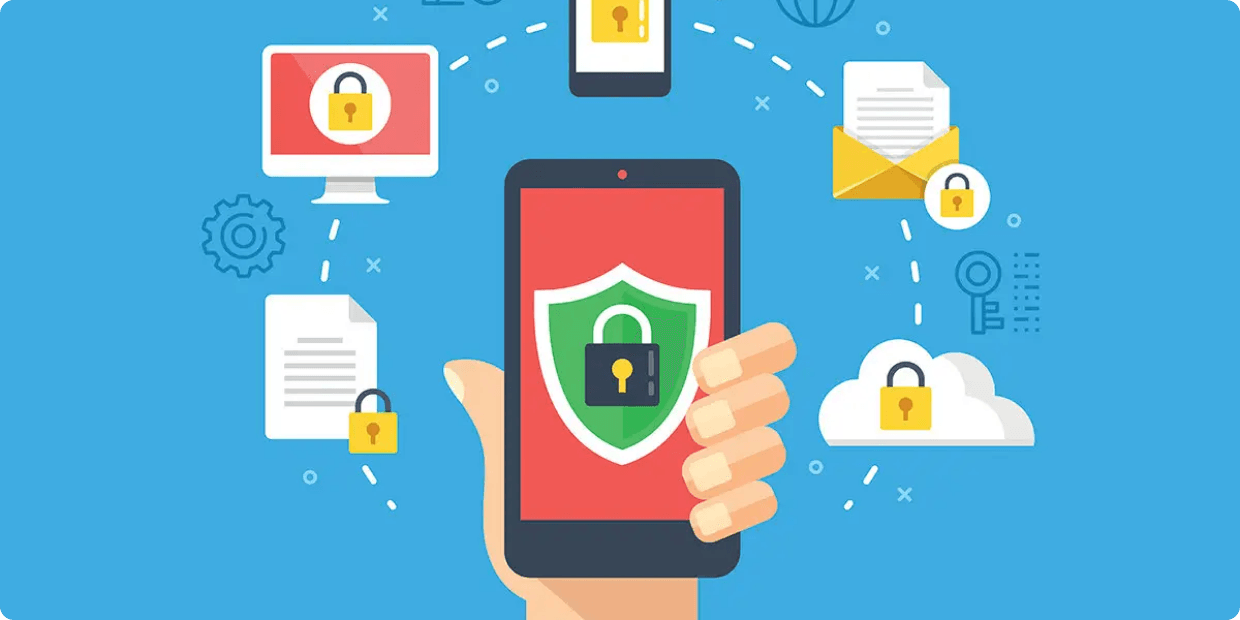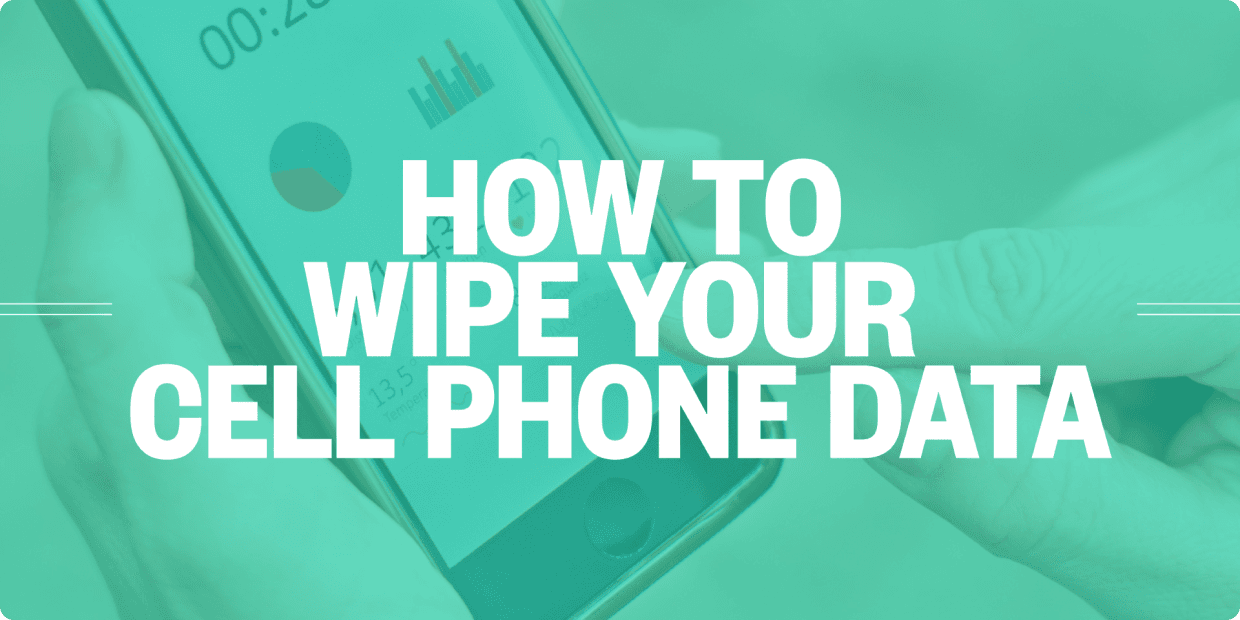Privacy Concerns in Mobile Apps: What You Need to Know
Date: 18th Feb 2023

In an era where smartphones have become an indispensable part of our lives, mobile apps have transformed the way we connect, work, and entertain ourselves. However, the convenience and functionality of these apps often come at a price – our privacy. It's crucial to be aware of the privacy concerns associated with mobile apps and take steps to protect your personal information. Here's what you need to know:
Data Collection Practices:
Mobile apps frequently collect various types of data, including your location, device information, and browsing history. This data can be used for legitimate purposes like improving user experience but can also be exploited for less noble reasons.
Permission Requests:
When you download an app, it often asks for permissions to access certain features of your device, such as your camera, microphone, contacts, and location. Be cautious and grant permissions only when necessary for the app's core functionality.
Third-party Tracking:
Many apps integrate third-party services and libraries for analytics, advertising, and other functionalities. These services can track your activities across different apps, potentially creating a comprehensive profile of your online behavior.
Privacy Policies:
Always read an app's privacy policy before installing it. This document should outline what data the app collects, how it uses that data, and whether it shares your information with third parties. Be wary of apps with vague or overly permissive privacy policies.
App Permissions Management:
Most modern smartphones allow you to review and adjust app permissions. Regularly check which apps have access to your personal data and revoke permissions for apps that don't genuinely need them.
App Updates:
Keep your apps updated. Developers often release updates that include security enhancements and privacy improvements. Outdated apps may have vulnerabilities that could be exploited.
App Stores and Reviews:
Download apps from reputable sources like the Apple App Store or Google Play Store. User reviews and ratings can provide insights into an app's trustworthiness and privacy practices.
Use Privacy Features:
Take advantage of built-in privacy features on your device, such as app-specific location settings and ad tracking controls. These features can give you more control over your data.
Secure Your Device:
Implement strong security measures on your device, such as setting up a strong password or biometric authentication. This can protect your data even if an app's privacy settings fail.
Consider Privacy-focused Alternatives:
If privacy is a top concern, consider using alternative apps that prioritize user privacy and data protection. Many open-source and privacy-focused apps are available for various purposes.
In an age where personal data is increasingly valuable, safeguarding your privacy in the mobile app landscape is paramount. By staying informed about the privacy practices of the apps you use and taking proactive steps to protect your data, you can enjoy the benefits of technology without compromising your personal information. Privacy is a fundamental right, and it's essential to demand transparency and accountability from the mobile app industry to ensure a safer and more secure digital future.

Recent Posts





Popular Posts

























